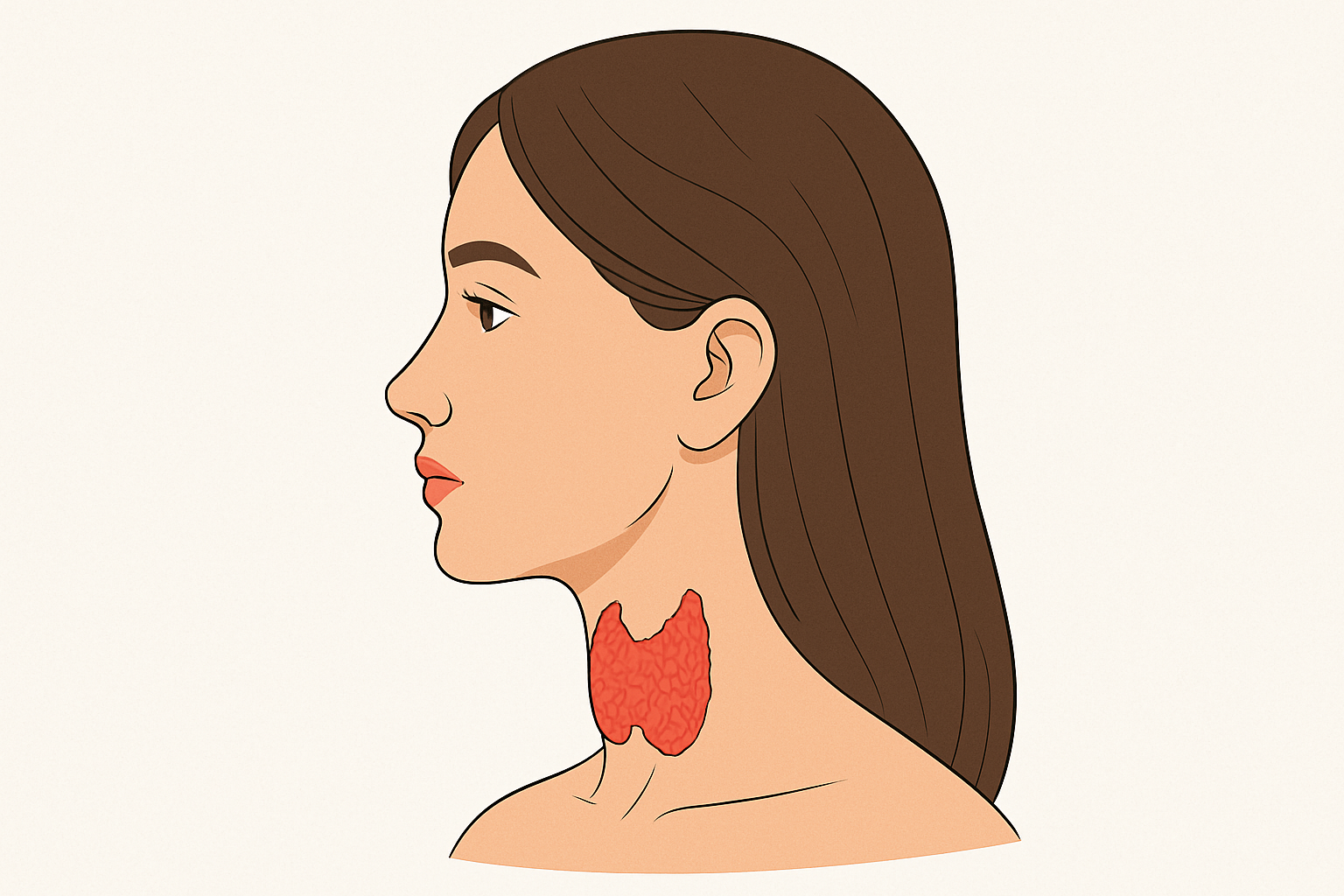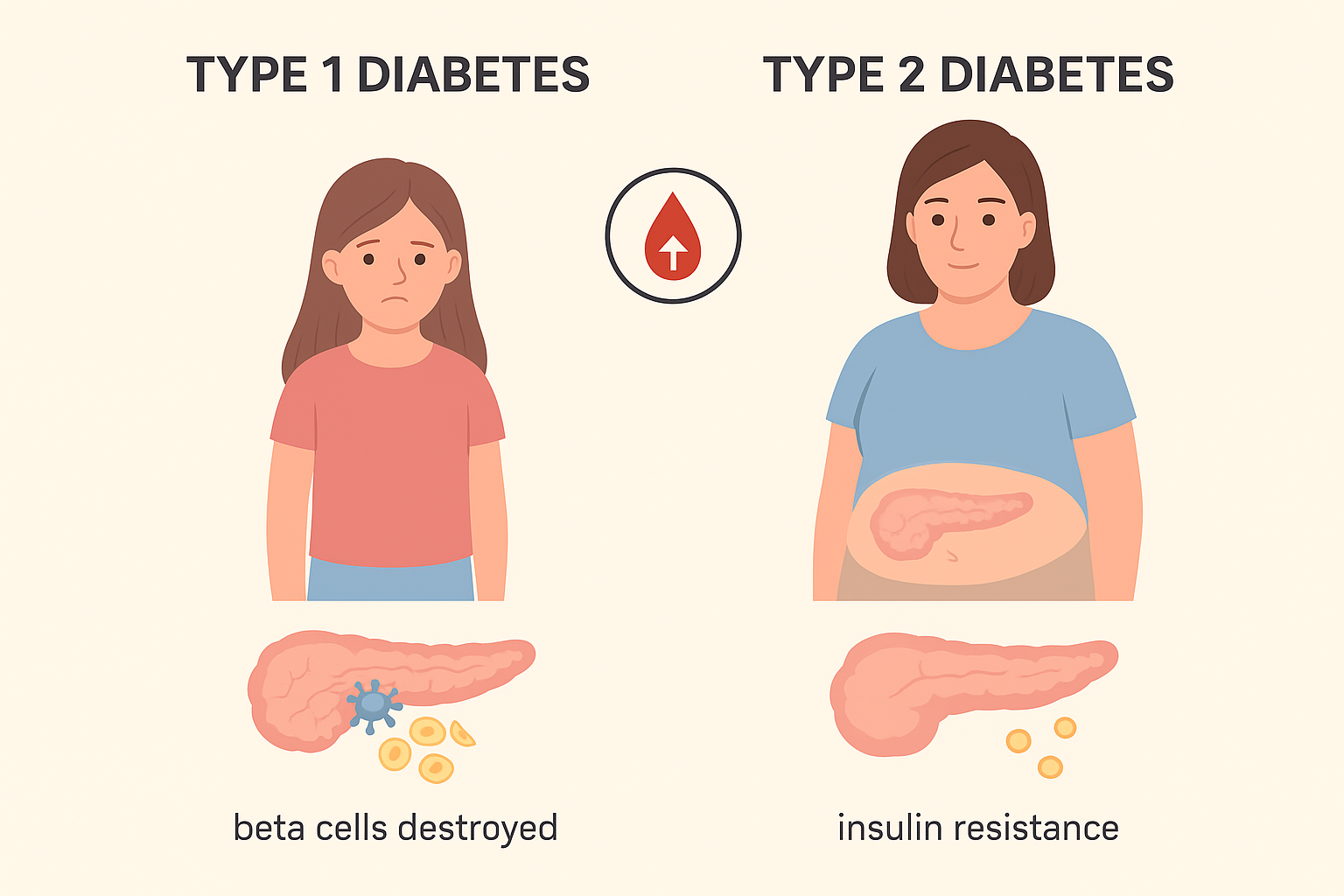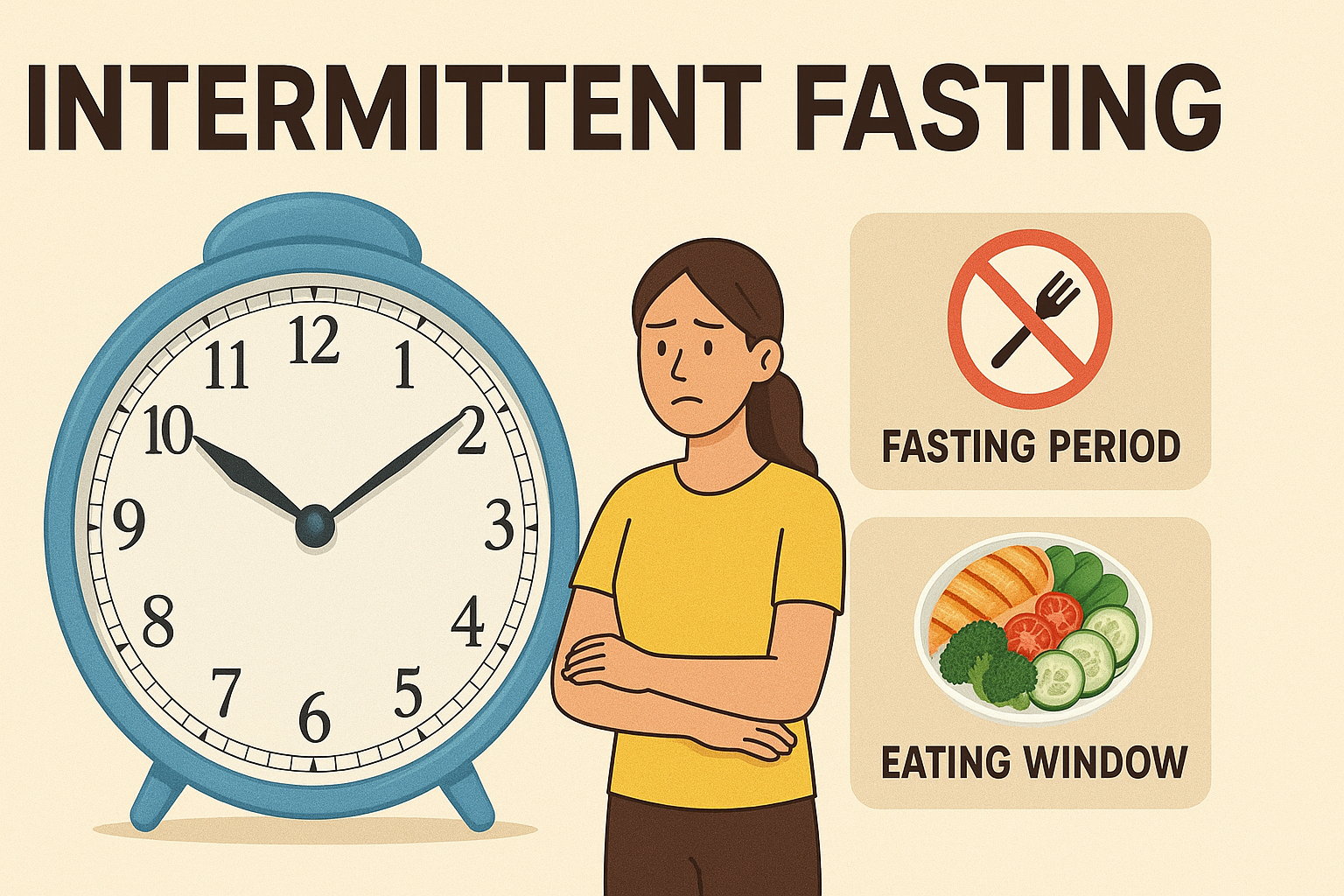What is Hyperthyroidism?
Hyperthyroidism is a condition where the thyroid gland becomes overactive and produces excessive amounts of thyroid hormones. These hormones regulate your body’s metabolism, so when they’re too high, your body’s processes speed up abnormally.
This disorder is more common in women than men and can develop at any age. If left untreated, hyperthyroidism can lead to serious health complications, including heart problems, bone loss, and thyrotoxic crisis.
Common Causes of Hyperthyroidism
Understanding the underlying causes helps in accurate diagnosis and treatment. The main causes include:
- Graves’ Disease – An autoimmune condition where the immune system stimulates the thyroid to produce too much hormone.
- Thyroid Nodules – Small lumps that form within the thyroid and produce excess hormones.
- Thyroiditis – Inflammation of the thyroid gland, often caused by infections or autoimmune diseases.
- Excess Iodine Intake – High iodine levels from supplements or medications may trigger hormone overproduction.
Signs and Symptoms of Hyperthyroidism
Symptoms can vary from person to person, but common signs include:
- Unexplained weight loss
- Rapid or irregular heartbeat
- Nervousness or irritability
- Excessive sweating
- Heat intolerance
- Tremors in hands or fingers
- Menstrual irregularities
- Sleep disturbances
- Enlarged thyroid gland (goiter)
If you experience these symptoms, seek medical evaluation promptly.
How is Hyperthyroidism Diagnosed?
Your doctor may recommend:
- Blood Tests – To check levels of TSH (Thyroid-Stimulating Hormone), T3, and T4 hormones.
- Radioactive Iodine Uptake Test – To see how much iodine your thyroid absorbs.
- Thyroid Scan or Ultrasound – To look for nodules or gland enlargement.
Treatment Options for Hyperthyroidism
Treatment depends on the severity and cause. Common options include:
1. Anti-Thyroid Medications
Drugs like methimazole or propylthiouracil help reduce hormone production.
2. Radioactive Iodine Therapy
Destroys overactive thyroid tissue gradually and may lead to hypothyroidism, which is then treated with hormone replacement.
3. Beta-Blockers
Used to manage symptoms like rapid heartbeat and tremors, but do not affect hormone levels.
4. Surgery (Thyroidectomy)
Recommended in severe cases or when other treatments are not effective.
Natural Tips to Manage Hyperthyroidism
While medical treatment is essential, lifestyle changes can also help:
- Avoid foods high in iodine (e.g., seaweed, iodized salt)
- Practice stress reduction techniques (e.g., yoga, meditation)
- Ensure adequate sleep and hydration
- Discuss herbal supplements with your doctor before use
Complications of Untreated Hyperthyroidism
If not managed properly, it can lead to:
- Heart problems (e.g., atrial fibrillation)
- Osteoporosis
- Eye problems (especially in Graves’ disease)
- Thyroid storm (a rare, life-threatening condition)
Conclusion
Hyperthyroidism is a manageable condition with proper medical care and lifestyle adjustments. Early detection and consistent treatment are key to preventing complications. If you suspect you have symptoms, consult your healthcare provider for a thyroid evaluation.




